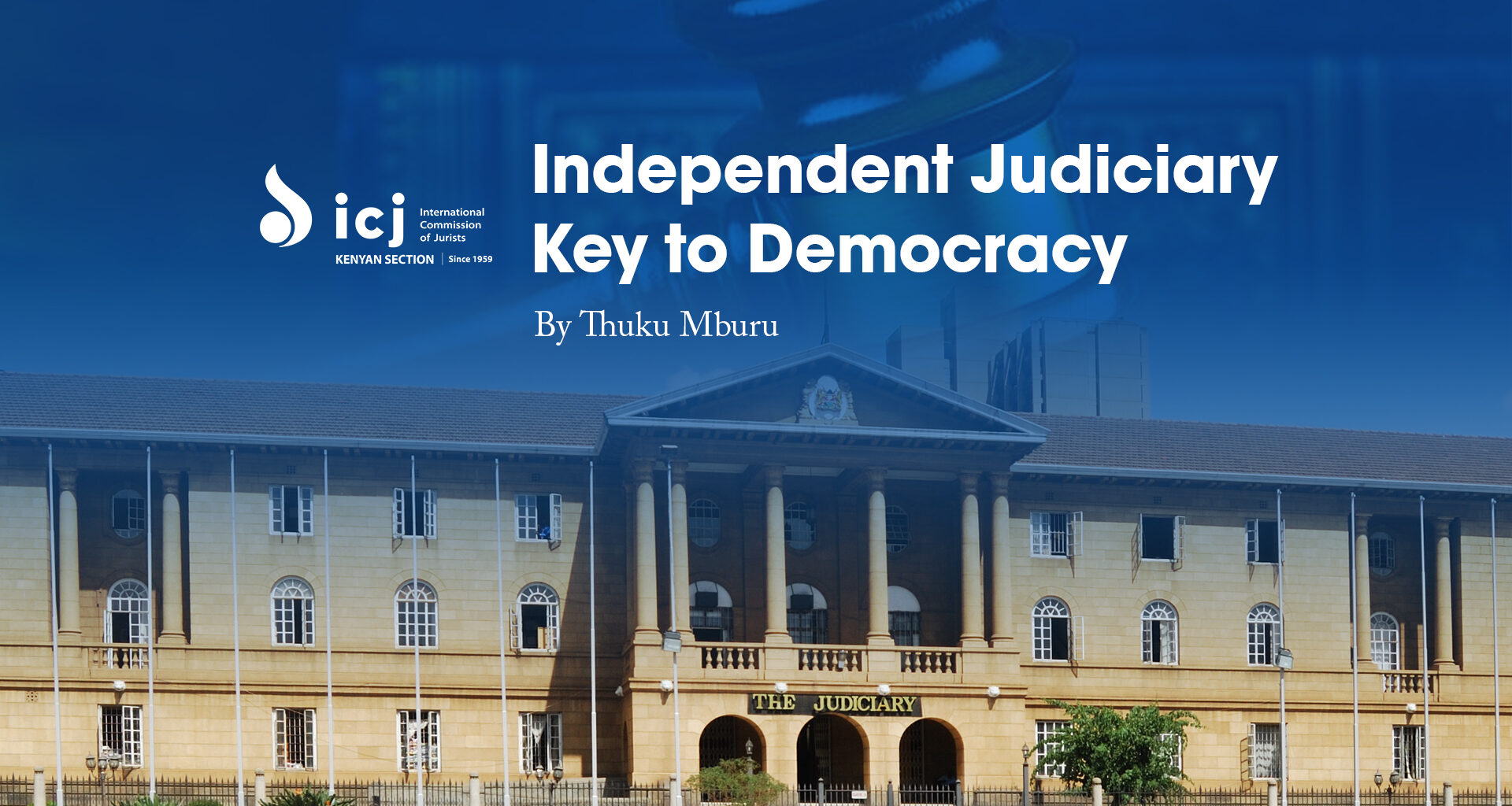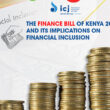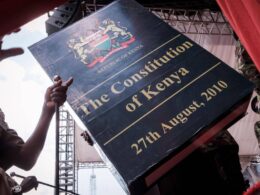By Thuku Mburu
The independence of the judiciary is crucial, and it is essential for a government to function in a way that allows its organs to be both independent and interdependent. This means that the judiciary, specifically in its role of administering justice, should operate independently without any coercion or manipulation in favor of the executive or any other government body. The judiciary has consistently emphasized its independence, and its actions align with its expected responsibilities.
Therefore, the promise made by the executive to increase the judiciary fund was not meant to entice or favor the judiciary. It was a genuine recognition of the judiciary’s needs, which had previously suffered from underfunding, hindering its ability to carry out critical activities. When the current regime came into power and pledged to increase the judiciary fund, it was fulfilling a legitimate requirement.
It is important to understand that the government’s compliance with providing adequate funds to the judiciary is not a favor but an obligation. The treasury or executive should not use this commitment against the judiciary simply because the judiciary has taken a firm stance and rendered decisions that may seem contrary to the government’s interests. These decisions are not made against the government; they are made in accordance with the law. Every judge assesses each case on its merits.
For example, in the case of the recall of a commission of inquiry initiated by the president, the petitioners presented a strong argument, highlighting that the president had exceeded his powers. The judge, in response, has postponed proceedings until further examination of the matter. This decision does not indicate agreement with the petitioners but rather a recognition that proceeding with the commission’s formation would render the subsequent hearing meaningless.
In conclusion, the executive should fulfill its legal obligation by providing funds to the judiciary. The judiciary is not an extension of the executive, and it should not be subject to the executive’s bidding. Both branches of government should operate independently and respect each other’s roles and responsibilities as outlined by the law











